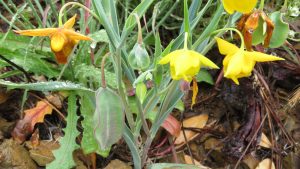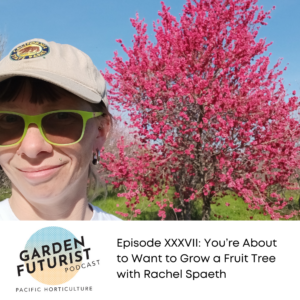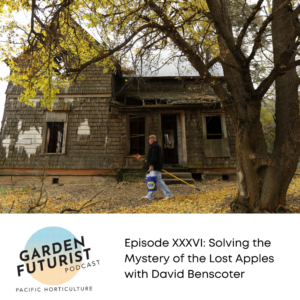
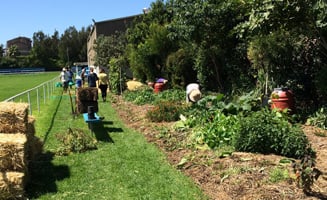
Contributor
Bringing in an early winter harvest of greens in a blanket of morning fog at Fork & Hoe Collective in Tasmania, Australia. Photo: Jonathan Cooper.
As I can safely assume we all know, most plants come from seeds; something so simple and tiny, yet under the right conditions, packed with all the genetic information to reveal its grand potential.
What about us? At what point do we move from our germ of potential to become a flourishing productive being? An idea can also be sown, but like a sprout searching for the winter sun or an inexperienced gardener ignoring seasonal planting instructions, without proper nurturing and encouragement it will fail to thrive.
This is about how I felt in my own life during a period I sarcastically refer to as my “quarter-life crisis.” In 2012, I was 25 years old. I had recently graduated with an architecture degree and had landed a corporate job; yet I was completely dissatisfied with my contribution to society. I believe deeply in sustainable design, and I could no longer ignore that architecture and construction are among the top producers of waste, pollution, and gre...
READ THE WHOLE STORY
Join now to access new headline articles, archives back to 1977, and so much more.
Enjoy this article for FREE:
Articles: Calochortophilia: A Californian’s Love Affair with a Genus by Katherine Renz
If you are already a member, please log in using the form below.
Share:
Social Media
Garden Futurist Podcast
Most Popular
Videos
Topics
Related Posts
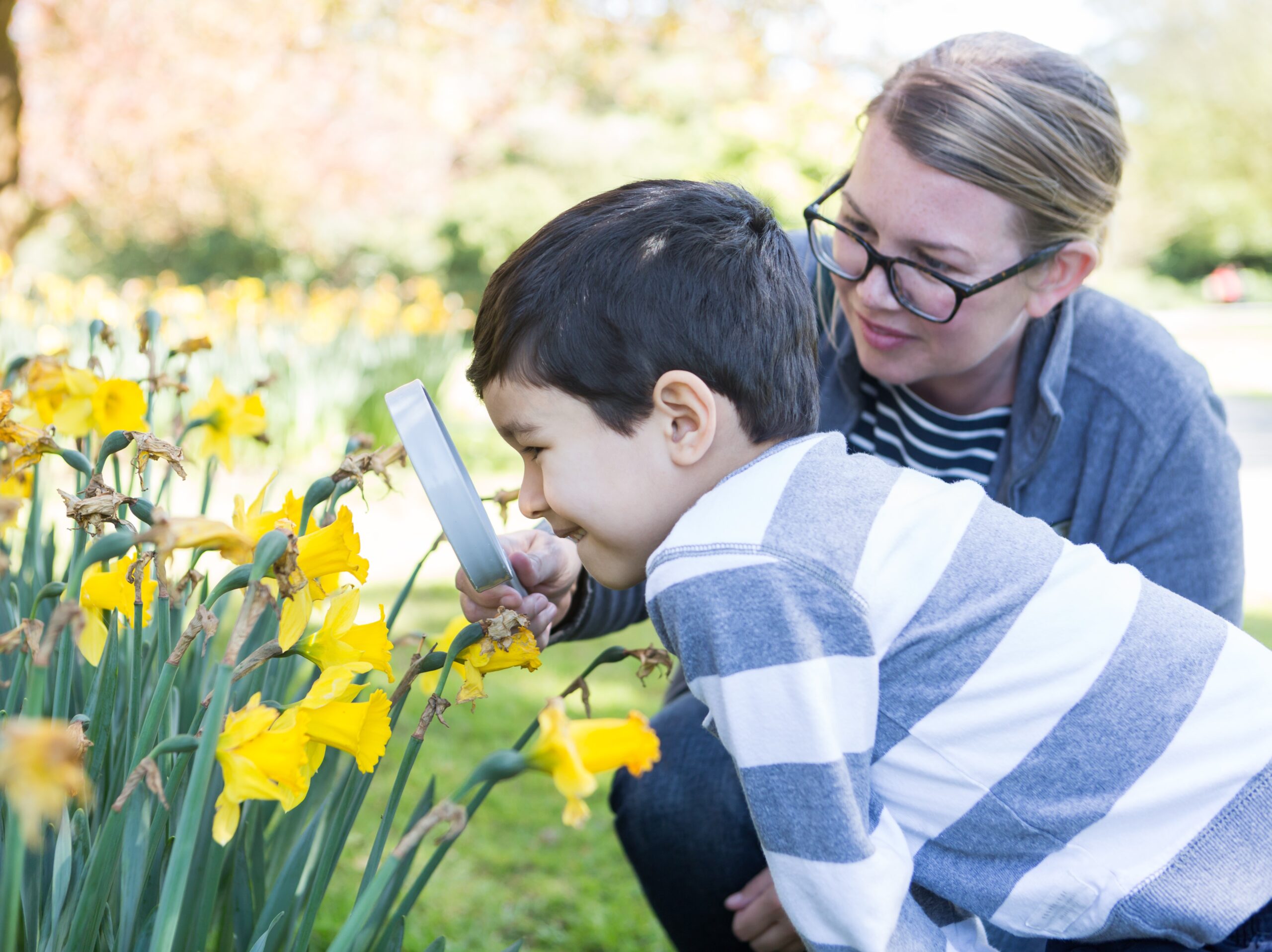
January Showers Bring February flowers…
Fall 2022 It may not quite have the same ring to it as the old English proverb, but it has a lot more truth to
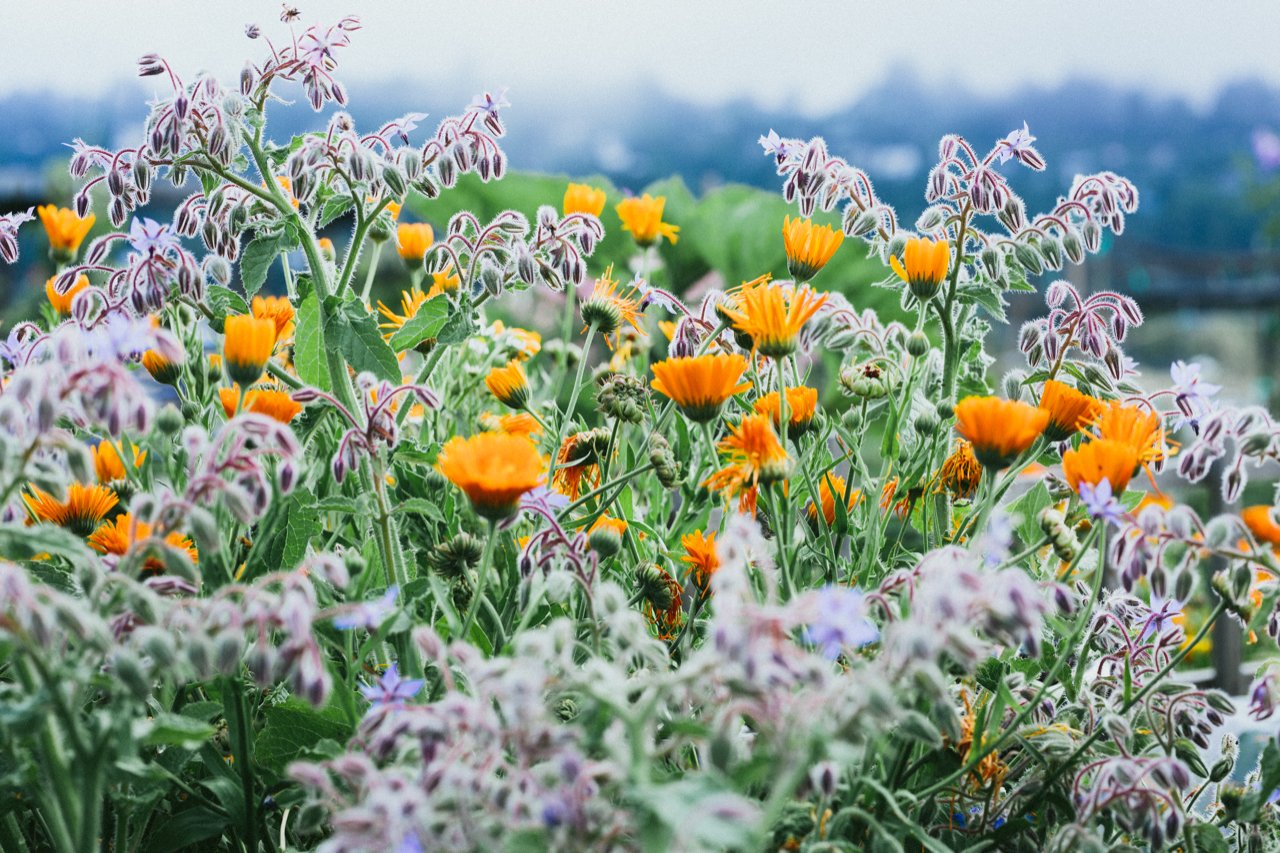
Healing Gardens
Spring 2022 Emily Murphy believes gardens hold the key to saving our health, our communities, and our planet. In her new book Grow Now Murphy
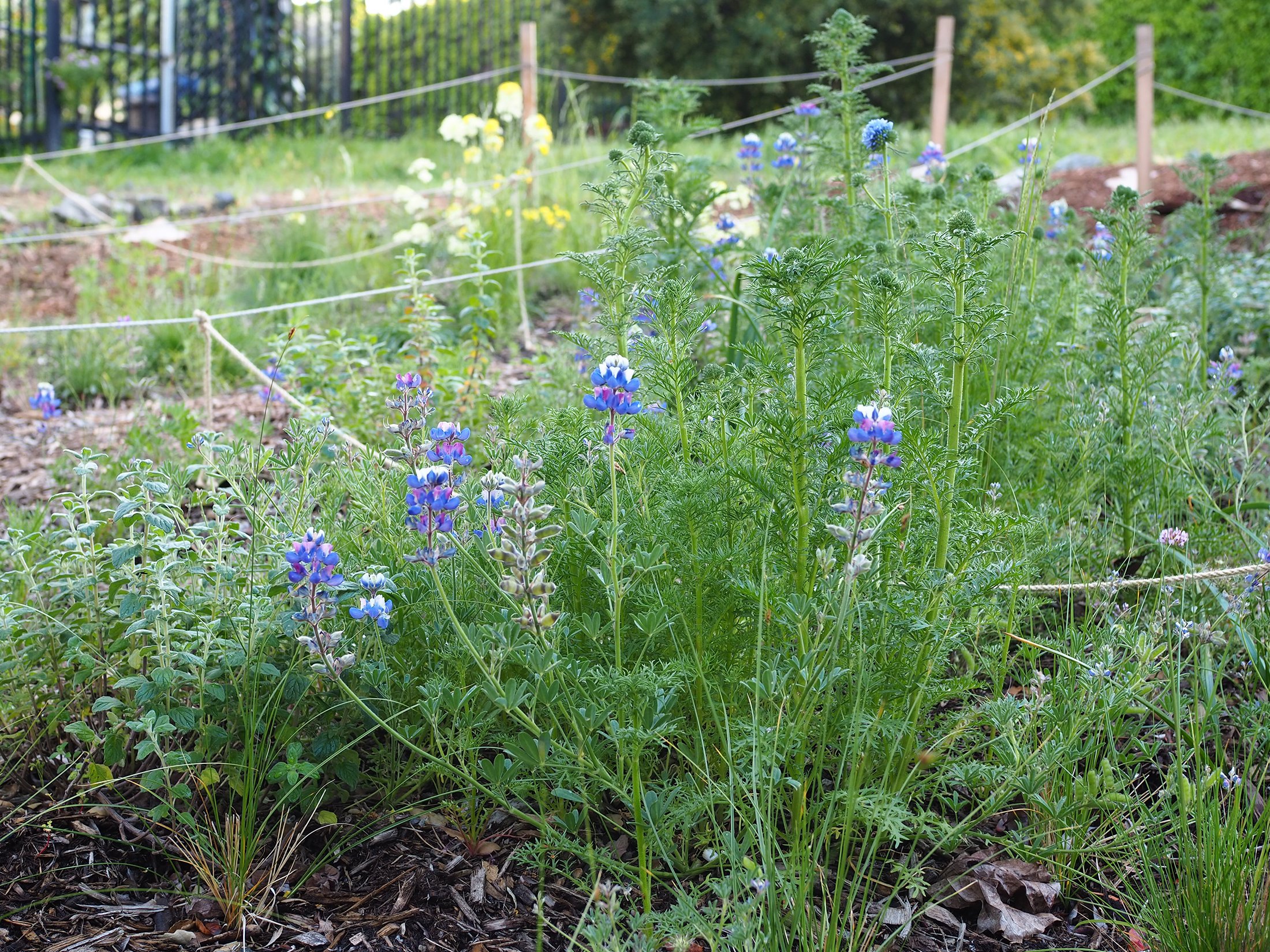
Your Keystone Plant Matrix with Garden Futurist Doug Tallamy
Spring 2022 Listen to the full Garden Futurist: Episode XIV podcast here. If you take Keystone plants out of your local food web, the food
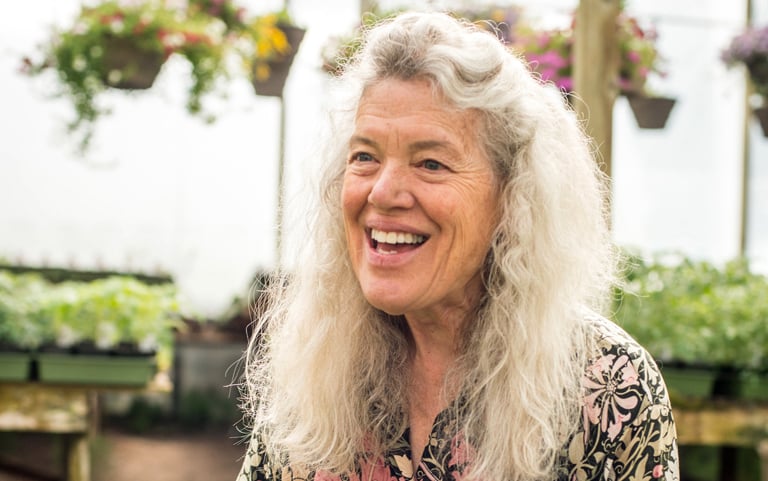
A Botanical Force
Inside one of the many greenhouses at Log House Plants, which offers more than 2,500 varieties of annuals, perennials, vegetables and herbs each year, including


